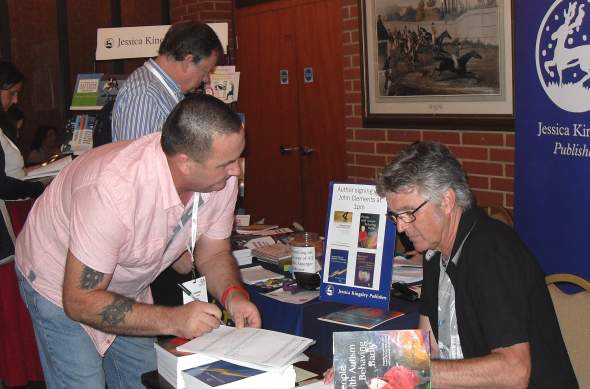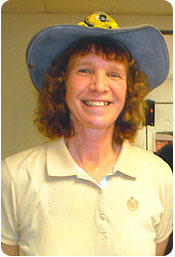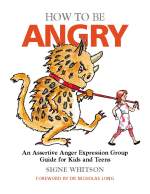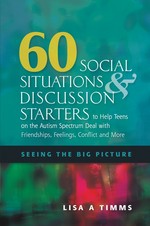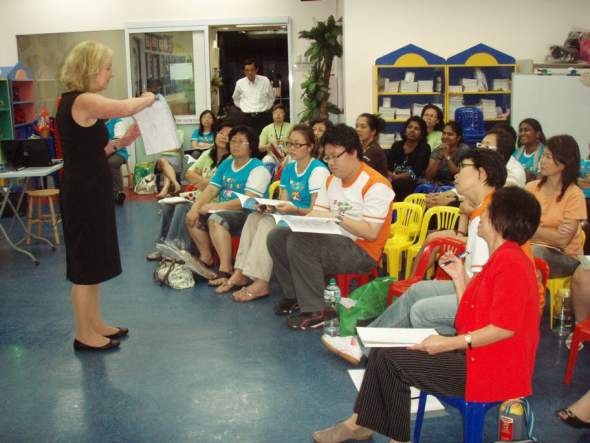How to Incorporate Wellness Coaching into Your Therapeutic Practice – An Interview with author Laurel Alexander
“There is rarely one route into, and out of, wellness. There are often several contributing factors including lifestyle and mindset. We also need to bear in mind that wellness may not mean “no disease” or “less pain”. It may mean pathways of acceptance or transition.”

